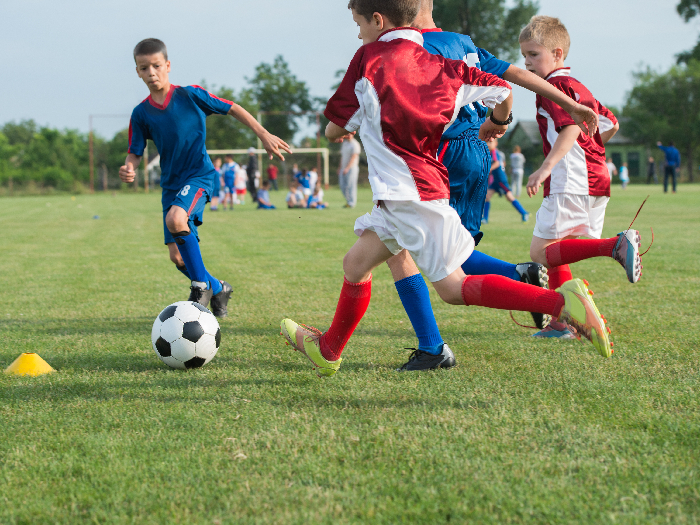While all play and no work for children is certainly not the way to go, a little physical activity intervention in children could help their academic growth. A study led by a team at a Japanese university found that in children who need it, routine physical activity can improve cognition, which in turn can fuel academic growth.

Physical activity can improve academic performance in children. Photo Credit: Shutterstock
The study considers the common preconception that children who perform well academically are not seen doing much in the playground. Also, it is often assumed that playtime can hinder a student’s academic growth. Offering a fresher perspective, the study found that children who may have poor academic records or cognition abilities could benefit the most from including physical activity in their routines.
Three types of cognitive skills, known collectively as executive functions, were analyzed during this research. These included the ability to inhibit impulses and reflex-like behavior, the ability to hold information in working memory, and mental flexibility.
“Because the cognitive functions evaluated in our study are related to academic performance, we can say that daily physical activity is critical for school-aged children. Our findings can help educational institutions design appropriate systems for maximizing the effects of physical activity and exercise,” says Associate Professor Keita Kamijo at the University of Tsukuba. [1]
The results of this study have been published in the Journal of Clinical Medicine. [2]
